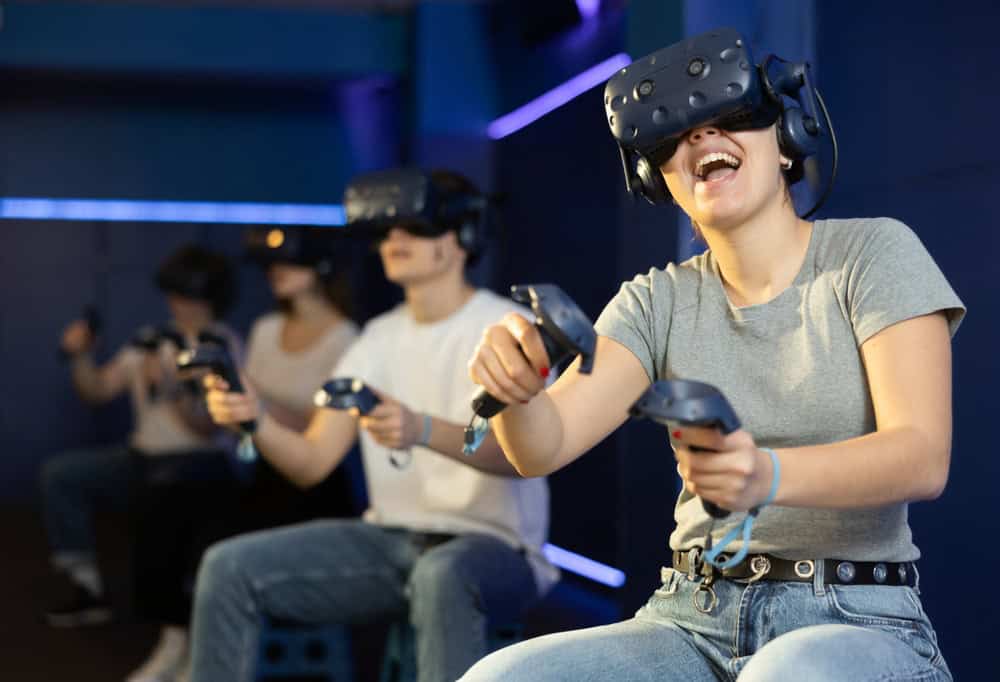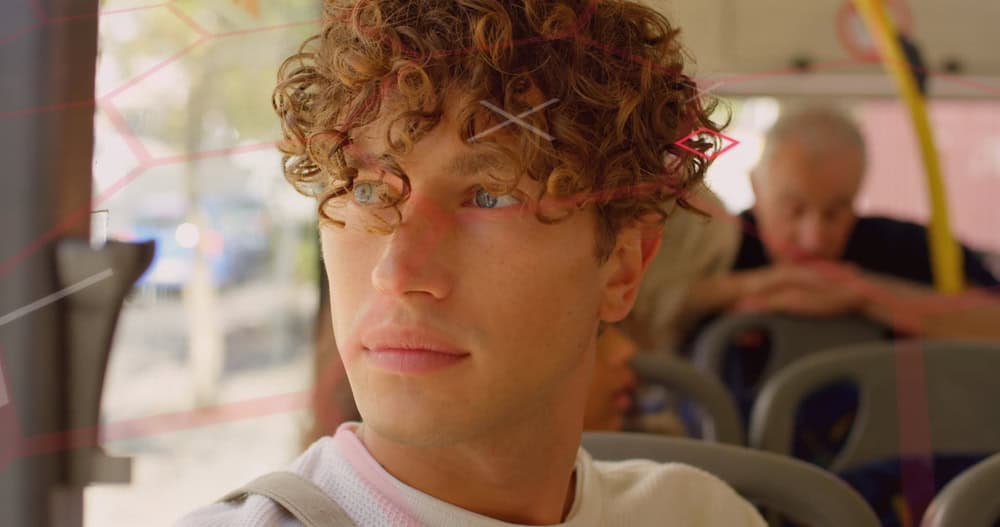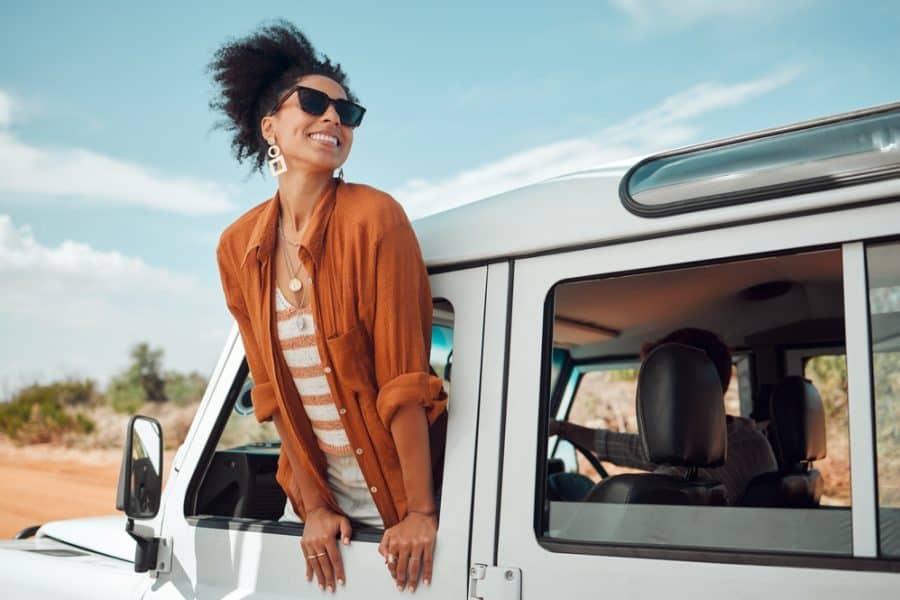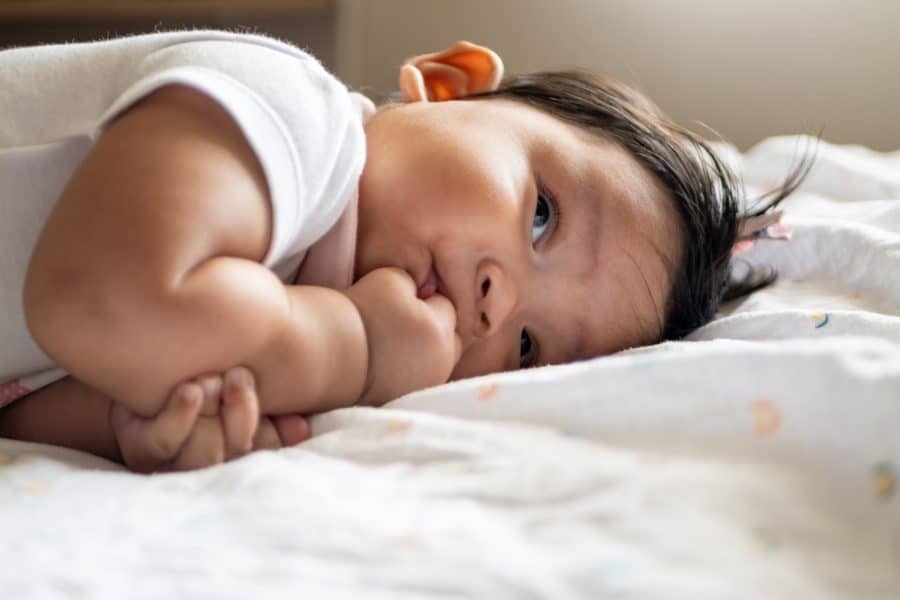Have you come across AI-generated models Shudu Gram (the world’s first digital supermodel), Aitana Lopez (AI influencer) and Lil Miquela (21-year-old robot living in LA)? They’re creating a storm in the fashion world and are being followed by millions on social media between them. These amazingly realistic digital models are being marketed by leading fashion experts and brands and are transforming how we interact with tech in the fashion world.

Our expert MD team has also seen how the rise of virtual and digital opportunities for models is being elevated with tech. We’ll take a look at this and see how it’s being implemented along with the powerful and innovative ways it’s uplifting the industry.
Virtual Try-Ons and Augmented Reality (AR)
Imagine technology overlapping the real world. That’s exactly what AR is and it’s wonderful when it comes to fashion! You’ve got great apps out there enabling fashion-conscious buyers to virtually try on brands such as ASOS, Nike and e.l.f. It seemed to surface around the pandemic time (sorry, we had to mention this) and has stuck with us for good.
When you get to try on apparel and makeup in the virtual world, tech meets fashion and potential models on another level. Newbies and seasoned models will feature on these platforms as their first experience of the virtual try-ons.
- Fluffy Fame Awaits! Get Your Pet Started in Modelling
- Behind the scenes of a family modelling assignment
- UK Modelling Agency Insights 2026: How Everyday People Are Landing Big Campaigns
- Set Ready: Essential Kit Every Commercial Model Should Have in Their Bag
- Fashion for Every Body: How Diversity Is Shaping Today’s Campaigns
Digital Fashion Shows
Runways have been strutted in the digital world as well as the real world. Giant brands such as Gucci, Burberry and Louis Vuitton are no strangers to showcasing fashion in this realm where models are also computer generated.
Digital Fashion Week is the counterpart of the famous fashion week that takes place in the top fashion cities of the world. This interactive event offers live streaming, 360 virtual reality, multi-cam feedback and live interaction making it a great contender in the digital playing field.

Metaverse Fashion Week
Yes – the metaverse! There was no way the idea of a fashion show wouldn’t be on this platform and 2022 was the year it hosted its first. What’s impressive is that 60 designers and artists participated in the virtual world and it drew an audience of more than 100,000!
Metaverse Fashion Week created the Decentraland digital platform where all things fashion-related could be explored including runway shows, musical performances, pop-ups and panels, and art installations.
Here top brands such as Coach, Adidas and Dolce & Gabbana alongside digital fashion houses like The Fabricant opened the opportunity for digital fashion and virtual models where users were able to dress their avatars with the latest collections, enhancing user engagement through gamification.
The digital space has created room for virtual models and a lot of beneficial elements such as lowering the modelling industry’s carbon footprint and costs whilst increasing diversity and inclusion of models from all walks of life.

The modelling industry is transforming like so many other industries with the advancement of technology. Modelling is not being left behind, and with the development of AI models and AR opportunities for fashion enthusiasts, there’s only more interesting stuff to come!



